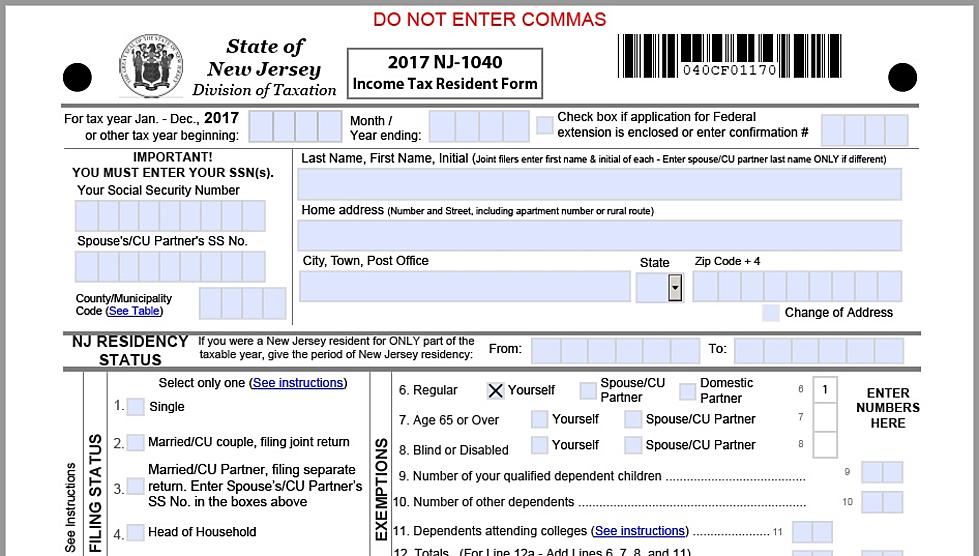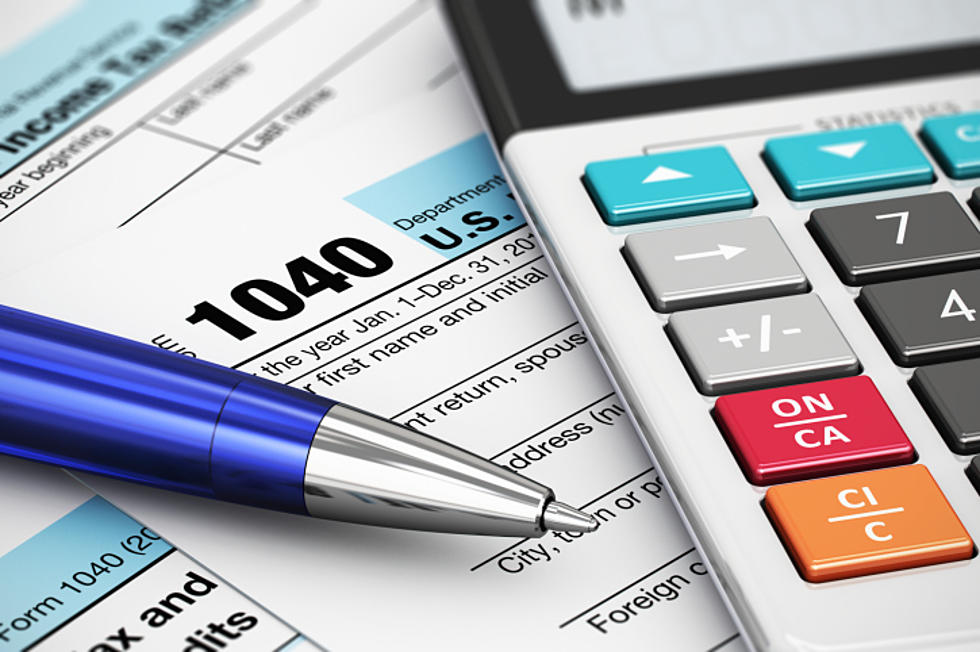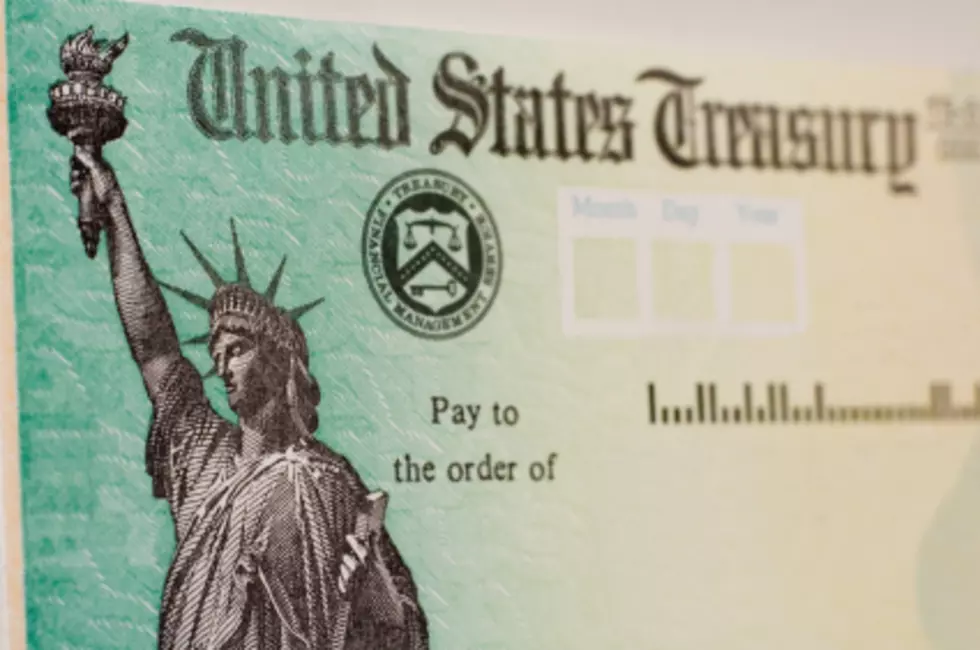![Tax Refund or Tax Bill – Now What? [SPONSORED]](http://townsquare.media/site/385/files/2013/02/Taxes-by-Tax-Credits.jpg?w=980&q=75)
Tax Refund or Tax Bill – Now What? [SPONSORED]
By James Lawrence, CPA, Traphagen Financial Group
[onescreen item="5020562"]
There seem to be three types of taxpayers: those who want refunds (refunders), those who don’t want to pay until they need to (procrastinators) and those who are indifferent (apathetics). Although each type may have different personal income tax responsibilities, all must follow Internal Revenue Service (IRS) regulations in order to avoid penalties and interest. We’ve partnered with the NJ Society of CPA’s to explain the best ways to handle any of the above scenarios.
For the refunders – who are essentially giving Uncle Sam an interest-free loan – it is generally recommend that the refund first be used to pay down nondeductible, high-interest credit card balances, educational loans and other personal loans before splurging on any luxury items, like a big screen television or a Caribbean vacation. The suggested options for procrastinators and apathetics are not as uniform.
Underpayment Penalties
The IRS regulations include certain penalties when a taxpayer has an unacceptable balance due or has not made proper and timely estimated payments. In order to avoid an underpayment penalty, a taxpayer must pay the lesser of 90 percent of the tax liability on the current year tax return or 100 percent (110 percent for high income taxpayers) of tax liability on his/her prior tax return.
Unable to Pay on/by April 15
In addition to the penalty for underpayment of tax due to a balance due on a tax return, the taxpayer may not have the funds to actually pay it. The inability to pay this tax due in full by April 15 is not a reason to not file your tax return on time. Filing without payment can save you substantial amounts in additional penalties, such as the failure to file (your tax return) penalty and the failure to pay (your balance due). The failure to file penalty accrues at 5 percent per month up to 25 percent of the amount owed to IRS. The failure to pay a penalty is assessed at a half-percent per month on the amount due. By filing your return without payment or filing an extension of time to file, a taxpayer can, at a minimum, avoid the 25-percent failure to file penalty and related interest. Of course, the failure to pay penalty applies until the balance due is paid off.
Paying the Balance Due Amount
There are a few options to consider if you can’t pay your taxes on time.
- Borrow on a home equity line. The interest is tax deductible.
- Establish an installment agreement with the IRS.
- Pay by credit card. (This is generally not recommended due to high service charges.)
The goal of every taxpayer should be to avoid penalties and pay the correct amount of tax. For most taxpayers, this is easy as the tax is withheld and deposited for them by employers. If a tax withholding is too low or too high, an employee may adjust his or her Form W-4. For the self-employed and the more complicated taxpayers, the assistance of their CPAs may be needed to calculate income, tax liability and corresponding estimated tax payments.
This article has been sponsored by the NJ Society of CPA’s. For further information, you can view their website by clicking HERE.
James Lawrence, CPA, CCPS, is a partner at Traphagen Financial Group in Oradell. He is a member of the New Jersey Society of CPAs. Contact him at jim@tfgllc.com.
More From New Jersey 101.5 FM





![Health Care Reform and You: Understanding the 2014 Provisions [SPONSORED]](http://townsquare.media/site/385/files/2013/02/162281885.jpg?w=980&q=75)
![Some Less-Thought-Of Tax Deductions [SPONSORED]](http://townsquare.media/site/385/files/2013/02/Tax-deductions-StockMonkeys.jpg?w=980&q=75)
![Financial Planning Strategies for 2013 and Beyond [SPONSORED]](http://townsquare.media/site/385/files/2013/02/Financial-Planning-RambergMedialImages.jpg?w=980&q=75)
![Choosing a Tax Advisor [SPONSORED]](http://townsquare.media/site/385/files/2013/01/Tax-Photo-401K-2013.jpg?w=980&q=75)
